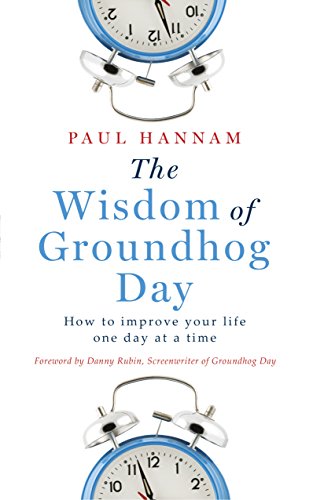Introduction: T. Michael Fairchild introduces the continuation of the topic from the previous episode, focusing on cognitive restructuring's role in managing negative thoughts.
The Power of Your Language: The episode highlights the importance of language in cognitive restructuring, emphasizing that words have a significant impact on thoughts and actions. Positive and intentional language can inspire and motivate change.
The Mind-Body Connection: T. Michael discusses the connection between mental and physical well-being, stressing the importance of maintaining a healthy body for a healthy mind.
Common Misconceptions about Cognitive Restructuring: Common misunderstandings about cognitive restructuring are addressed, emphasizing that it's about challenging and reframing thoughts rather than ignoring negativity.
Resource Recommendations: T. Michael recommends books and apps to support cognitive restructuring efforts, providing a list of valuable resources for personal growth and development.
When to Consider Cognitive Restructuring: The episode advises when to consider cognitive restructuring, especially if negative thought patterns affect daily life, relationships, or mental health.
Practical Steps: Practical steps for implementing cognitive restructuring are discussed, including being present, questioning thoughts, reframing, seeking evidence, and reflection.
The Role of Technology: T. Michael explores the role of technology and apps in assisting with cognitive restructuring, highlighting their potential as supplements to personal growth efforts.
Emotional Intelligence: Cognitive restructuring's role in enhancing emotional intelligence and improving social interactions is explained.
Common Pitfalls to Avoid: The episode identifies common pitfalls in cognitive restructuring, such as overgeneralization, ignoring positives, self-labeling, and catastrophizing.
The Importance of Journaling: T. Michael underscores the importance of keeping a journal to document one's journey, learn from past experiences, and maintain ethical character.
Conclusion: T. Michael invites listeners to take charge of their thoughts and become the masters of their minds, concluding the two-episode exploration of cognitive restructuring.



![indecisiveness, a talk with emily p. freeman [video]](https://www.podcastworld.io/podcast-images/anything-goes-with-emma-chamberlain-ro26h70m.webp)

